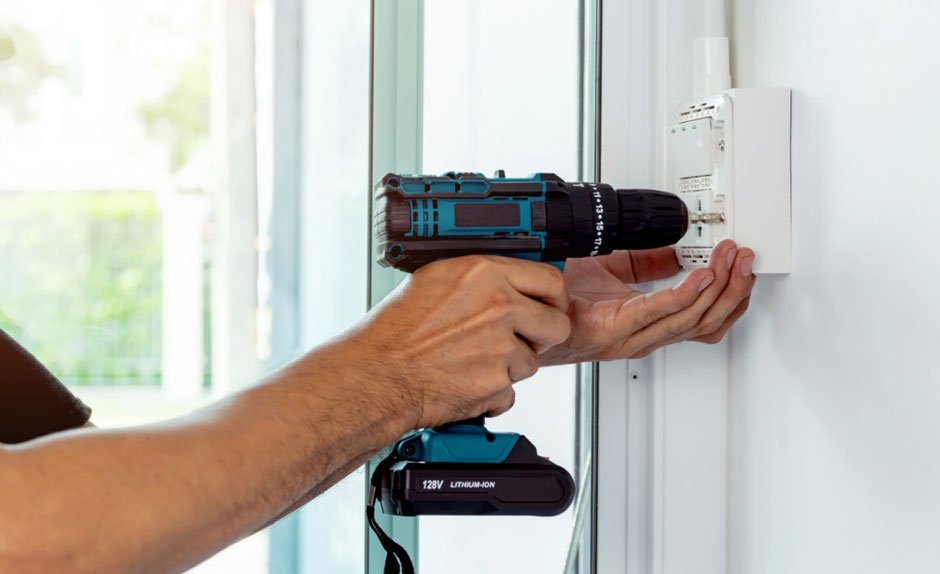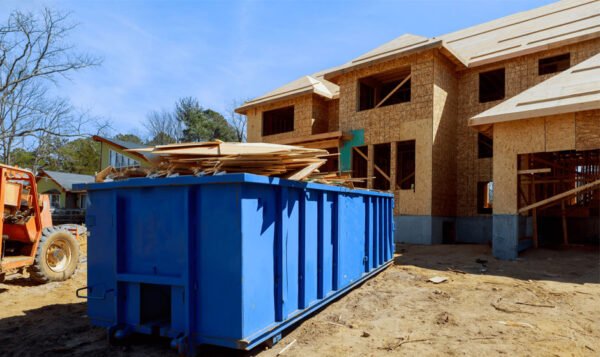How to Identify and Repair Common Issues in Your Home’s Electrical Panel

It’s safe to say that your home’s electrical panel isn’t something you think about daily – until something goes wrong. Suddenly, being familiar with common electrical panel issues and how to repair them becomes a critical skill. Don’t fret; this article is here to be your handy sidekick! It will walk you through the basics of identifying problems and offer some simple electrical panel repair solutions.
Keep an eye out for warning signs.
Your electrical panel is designed to alert you when there’s something wrong. If you’re seeing sparks, smoke, or strange smells coming from the panel, it can be a sign that something has gone awry and needs attention right away. Additionally, if your breakers are constantly tripping – especially after resetting them multiple times – that too can indicate a problem.
Test your breakers.
Sometimes, a breaker can seem “stuck” and won’t trip even when the circuit is overloaded. It’s best to test your breakers on a regular basis to make sure they’re functioning properly. To do this, start by turning off all of the power switches in the panel and then check each one with a voltage tester. If you find any that are not working correctly, replace them.
Check for damaged wires.
If you’re comfortable doing so, look inside your electrical panel box to check for signs of burned or damaged wiring. If the insulation has melted or been compromised, it’s likely time to replace the wire – and perhaps even the entire panel.
Take a look at your connections.
Are your connection points in the panel clean and free of debris? It’s important to keep them as dust-free as possible because any buildup can lead to overheating or even fires. If you find any dirt or grime, carefully remove it with a soft cloth and mild detergent.
Add a Ground Fault Circuit Interrupter (GFCI).
If you don’t have a GFCI, adding one is highly recommended. These are especially helpful in places where moisture might be present and can help prevent potentially dangerous electric shocks. Keep in mind that adding or replacing a GFCI should only be done by a qualified electrician.
It pays to be proactive in monitoring and maintaining your electrical panel. Taking the steps outlined above can help to ensure a safe and healthy home environment. Still not sure what’s going on with your electrical panel? Don’t hesitate to seek professional assistance – it could save you time and money in the long run!



